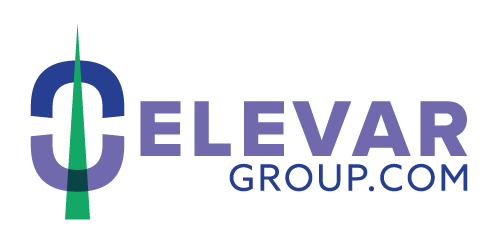Confidence and morale combined with time, drive and value, initiates a paradigm shift if awareness is included. Generally defined as a framework that has unwritten rules and that directs actions, paradigm shifts are always happening, but many times people may not realize it until after its occurred. Leveraging this powerful tool can be transformative for people and organizations who want to drive change and outcomes.
While it may seem simple, based on Thomas Kuhn’s work, the complexities can be meaningful, significant, and impactful on both individuals and companies. Paradigm shifts allow for growth or contraction, either of which can be positive depending on the circumstances. There are stages of a paradigm shift sequence process that move people and organizations from informative learning to transformative learning.
The Kuhn Cycle is defined by 5 stages:
Normal science — the common model of understanding and problem solving for a discipline.
Model drift — the discipline starts to be faced with new questions or anomalies that the current model cannot address.
Model crisis — the current model can no longer be applied to all problems and unresolved anomalies appear in greater volume. Additionally, the discipline practitioners can no longer patch the model.
Model revolution — one or more candidates appear to resolve the crisis and the discipline struggles with a new model.
Paradigm change — is where the new model is established by early influential supporters.
Layering in team dynamics and evaluating both personal and professional scenarios you may begin to notice paradigm shift sequence processing in action all around you. Learn more about this topic in our course “Paradigm Shifts”. Elevar has over 50 ICF and SHRM approved continuing education courses designed specifically for experienced coaching professionals. We run 3 live courses a month, and have many more titles on demand. Our ACC Mentor Coaching program is facilitated by ICF listed Mentor Coaches who are experienced and can help you grow your skillsets. We look forward to seeing you in a course or coaching program soon!
